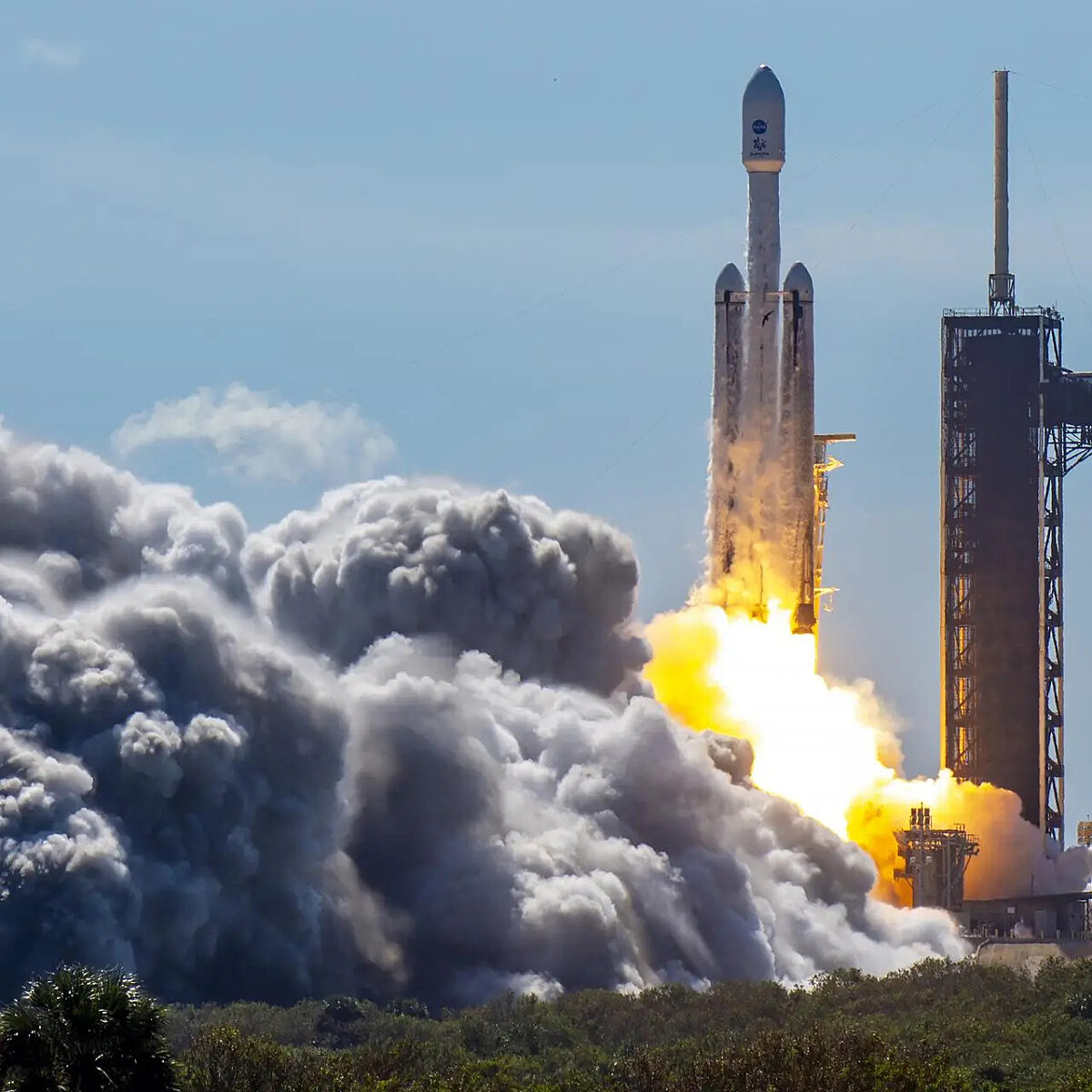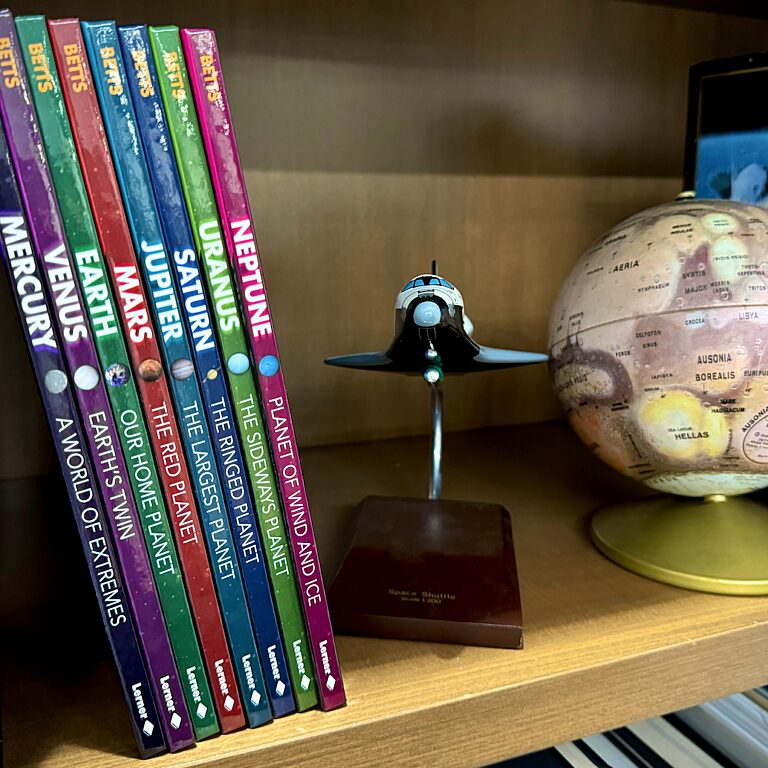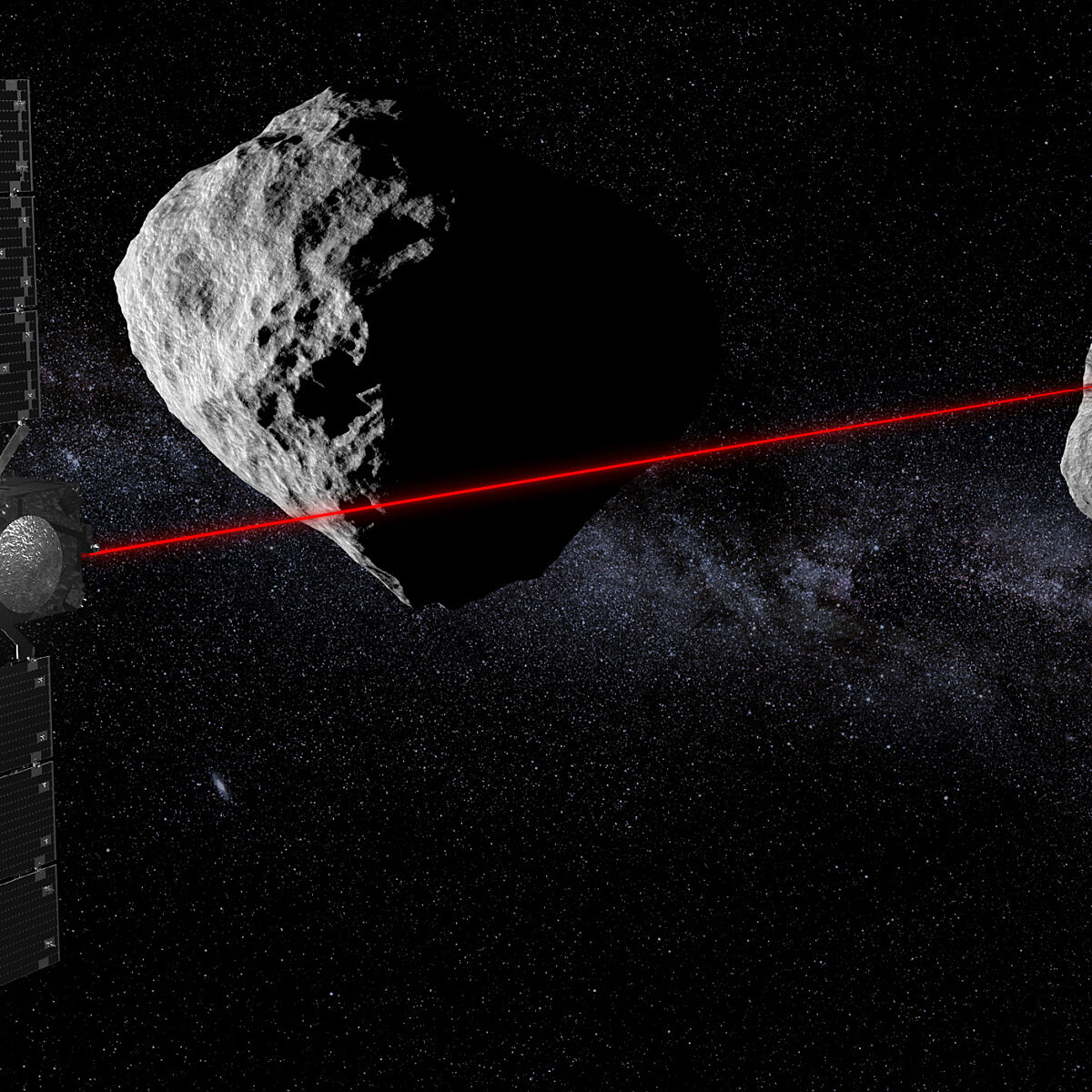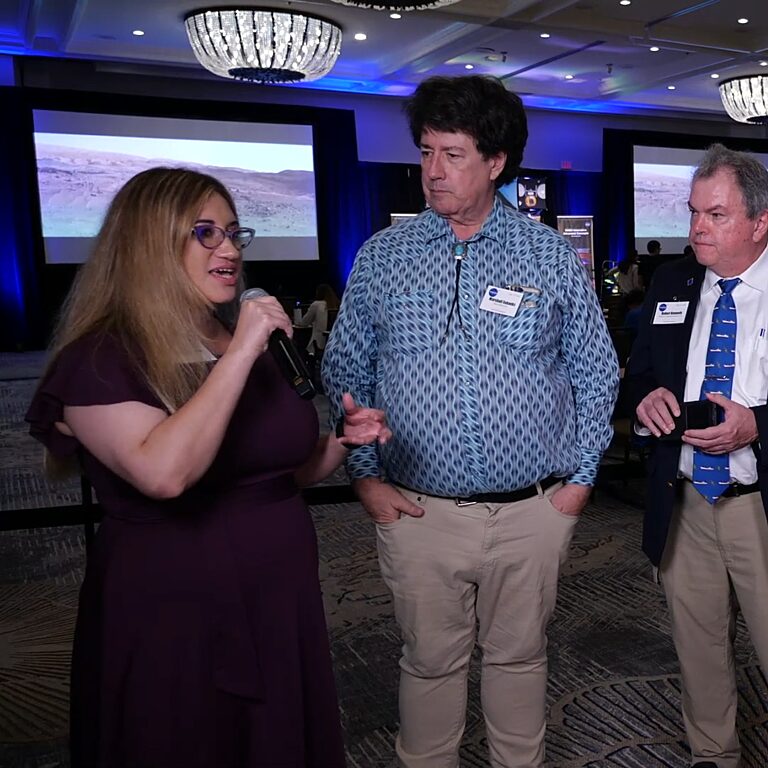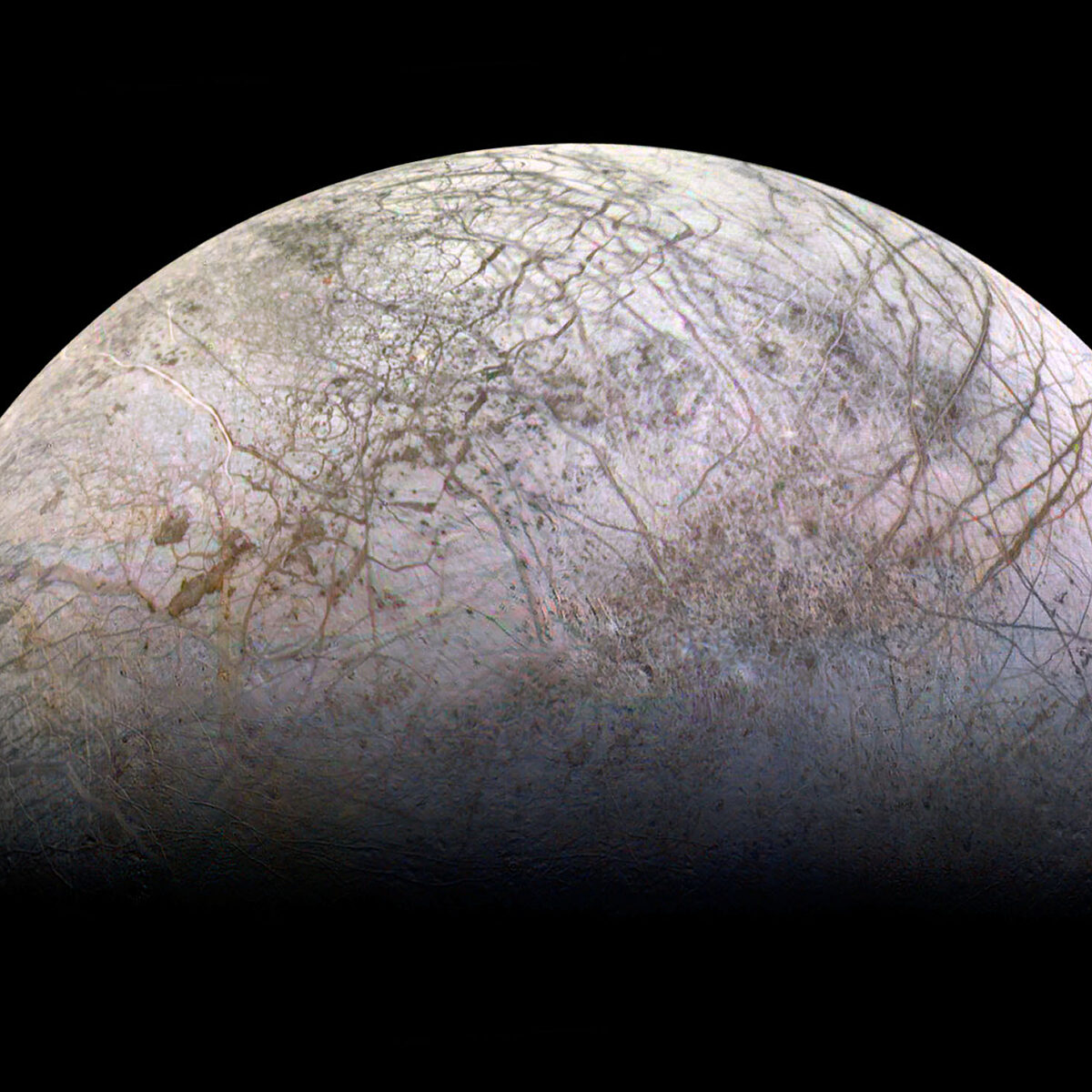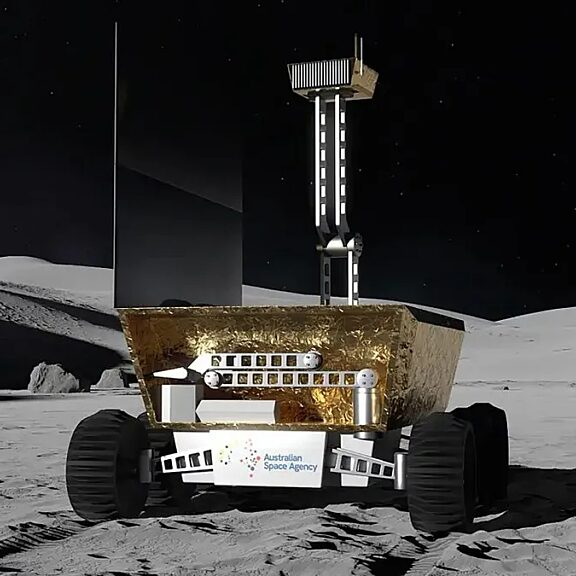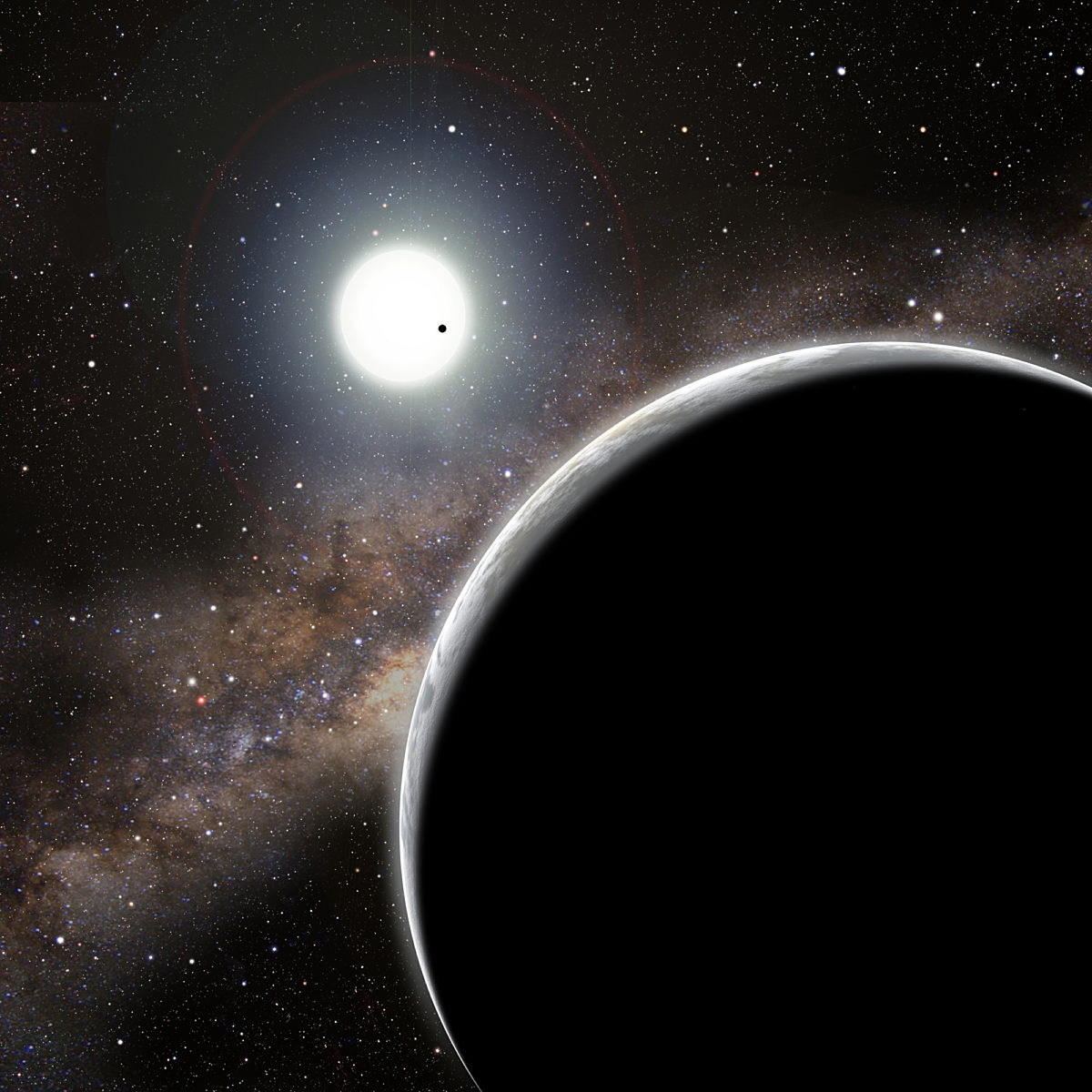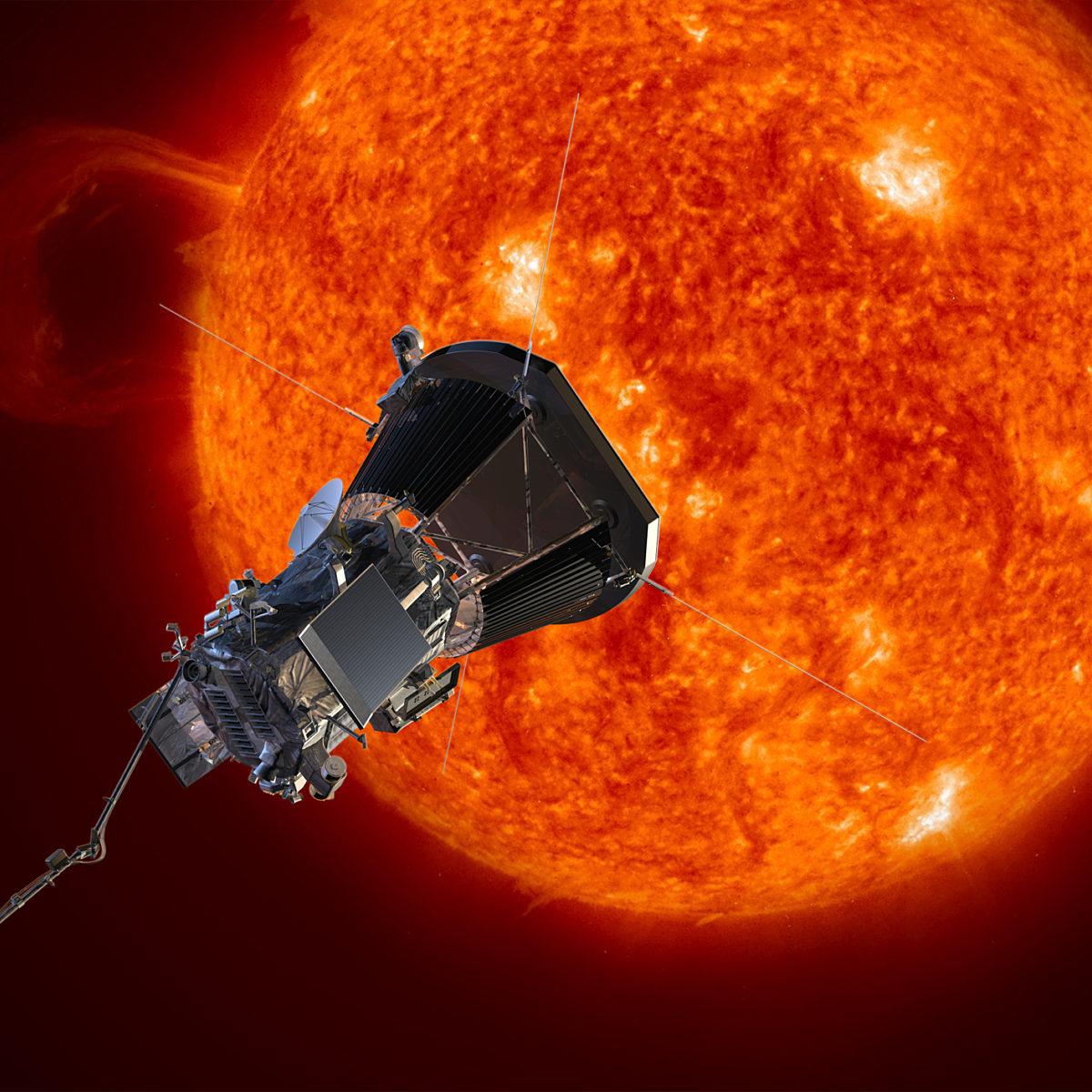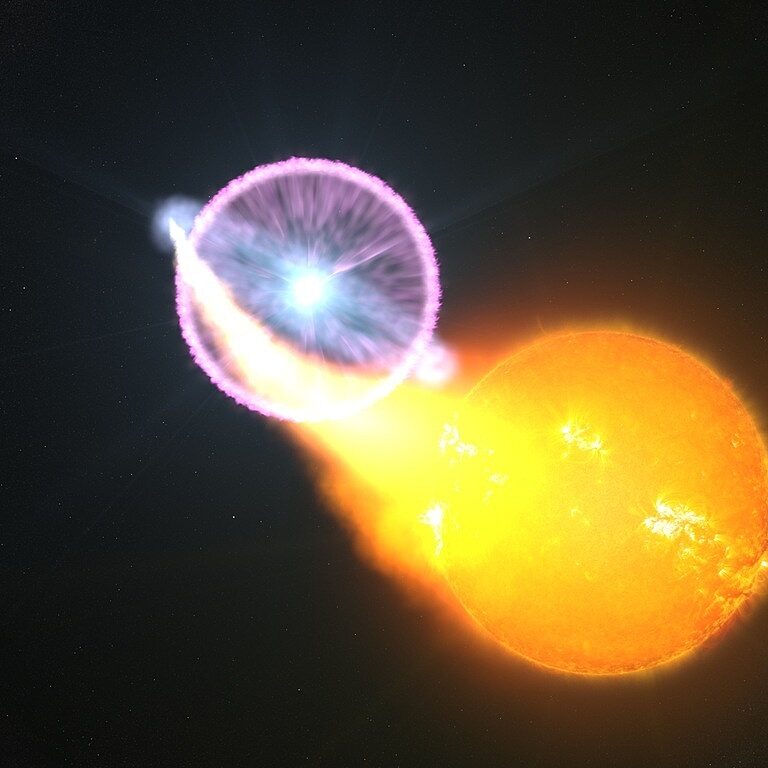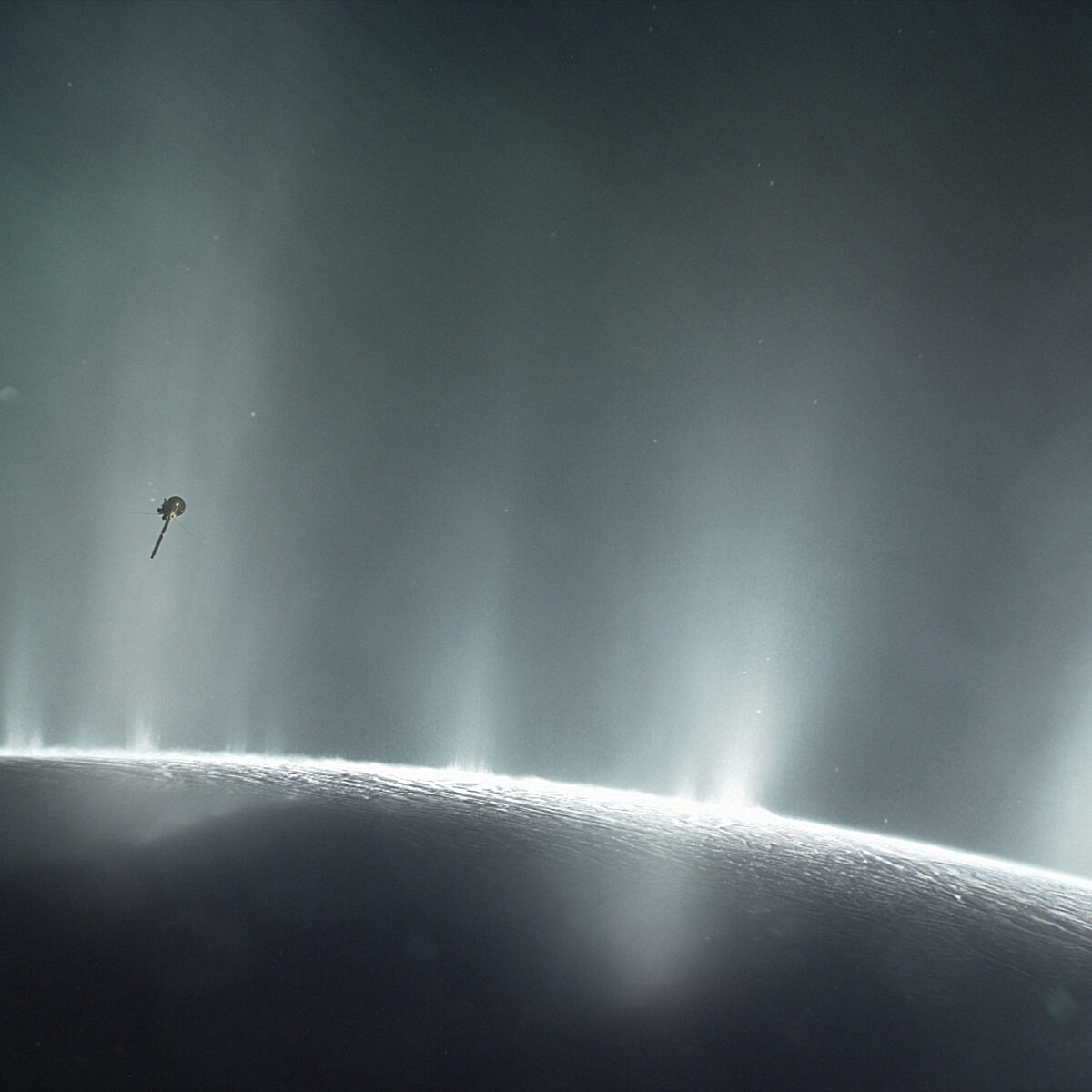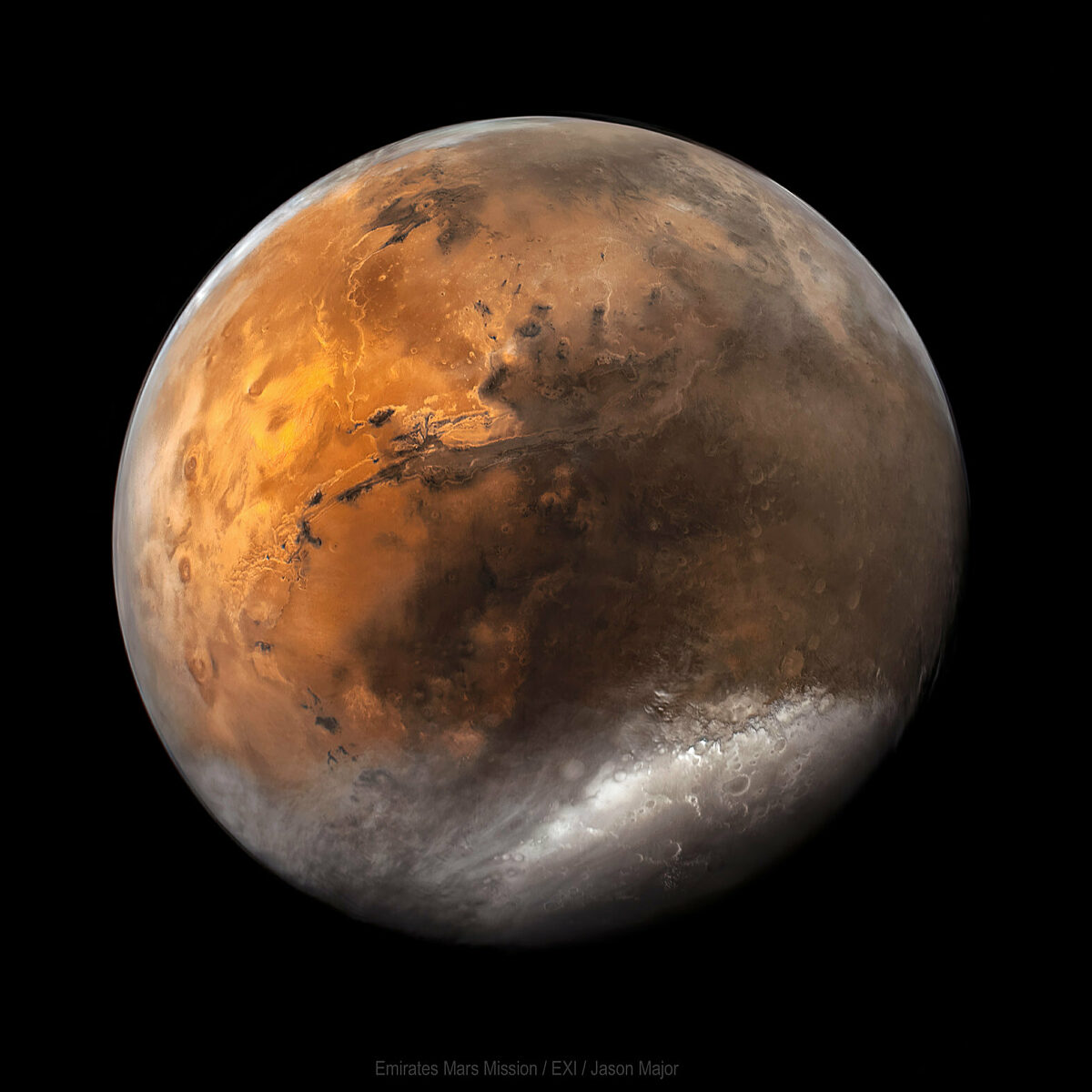Since 2002, Planetary Radio has visited with a scientist, engineer, project manager, advocate, or writer who provides a unique perspective on the quest for knowledge about our Solar System and beyond. The full show archive is available for free.
Search Planetary Radio
Bob Pappalardo, Europa Clipper project scientist, recounts the mission team's dramatic encounter with Hurricane Milton before their triumphant launch.
This week, Planetary Radio offers advice for students pursuing higher education in space-related fields. From internship insights to conference strategies and grad school survival tips, we've got you covered.
The Planetary Society and space advocates around the world fought to make Europa Clipper a reality. This week, we learn more about the tumultuous history of the mission with Casey Dreier, The Planetary Society’s chief of space policy.
Space expert Lori Garver joins the show to explore Kamala Harris’ space policy priorities, the major issues facing NASA in the next four years, and Garver’s thoughts on the evolution of Elon Musk and NASA’s increasing reliance on the commercial space industry.
We look forward to the Oct. 7 launch of the European Space Agency's Hera spacecraft with Michael Küppers, project scientist for the mission.
Join us for part one of our journey to the 2024 NASA Innovative Advanced Concepts (NIAC) Symposium. We'll hear from the teams behind two of this year's NIAC projects that could help us study distant planets and potentially reach them ourselves.
Vince Ledvina, also known as the Aurora Guy, joins Planetary Radio to discuss the science behind the northern and southern lights and what they can tell us about our Sun, our planet, and worlds across our galaxy.
With less than two months to go until the highly anticipated launch of NASA's Europa Clipper mission, we take a look back at over twenty years of Planetary Radio episodes about Jupiter's most intriguing moon.
NASA's Perseverance rover has made a groundbreaking discovery on Mars: a sample that may hold evidence of ancient microbial life. We visit the Tenth International Conference on Mars to get the details.
Darby Dyar, the deputy principal investigator for NASA’s VERITAS mission to Venus, returns triumphantly to Planetary Radio to share the story of how space advocates helped save this mission.
We celebrate the second anniversary of the James Webb Space Telescope's (JWST) science operations with Christine Chen, associate astronomer at the Space Telescope Science Institute.
Newton Campbell Jr., the director of the Australian Remote Operations for Space and Earth (AROSE) Consortium, discusses his career journey, AI in space, and Australia's first lunar rover, the Roo-ver.
Every major NASA center built after the agency’s inception is located in the American South. Why? Dr. Brian Odom, NASA’s chief historian, joins the show to discuss the cultural, political, and historical implications of NASA’s expansion into the South.
We dive into the stunning variety of exoplanets beyond our Solar System with Jessie Christiansen, the project scientist for the NASA Exoplanet Archive.
We observe Asteroid Day with an update on NASA’s Double Asteroid Redirection Test (DART) mission with the Asteroid Foundation’s Markus Payer and JHUAPL’s Terik Daly.
We explore recent solar activity and discoveries from NASA's Parker Solar Probe with Nour Rawafi, the mission's project scientist.
RadioLab's Latif Nasser returns to Planetary Radio with a new public naming contest for a quasi-moon of Earth.
We discuss the delightfully unpredictable nature of space discoveries with Chris Lintott, author of the upcoming book Accidental Astronomy.
We share a conversation from the Humans to Mars Summit about integrating NASA and its partners as humanity looks to build a permanent and sustainable human presence on Mars.
Kelly Biderman, the CEO of Havoc Robotics, joins Planetary Radio to share how the National Havoc Robot League helps to prepare the next generation of space engineers. Then we hear from Florence Pouya, the former captain of the Afghan Girls Robotics Team.


 Explore Worlds
Explore Worlds Find Life
Find Life Defend Earth
Defend Earth


